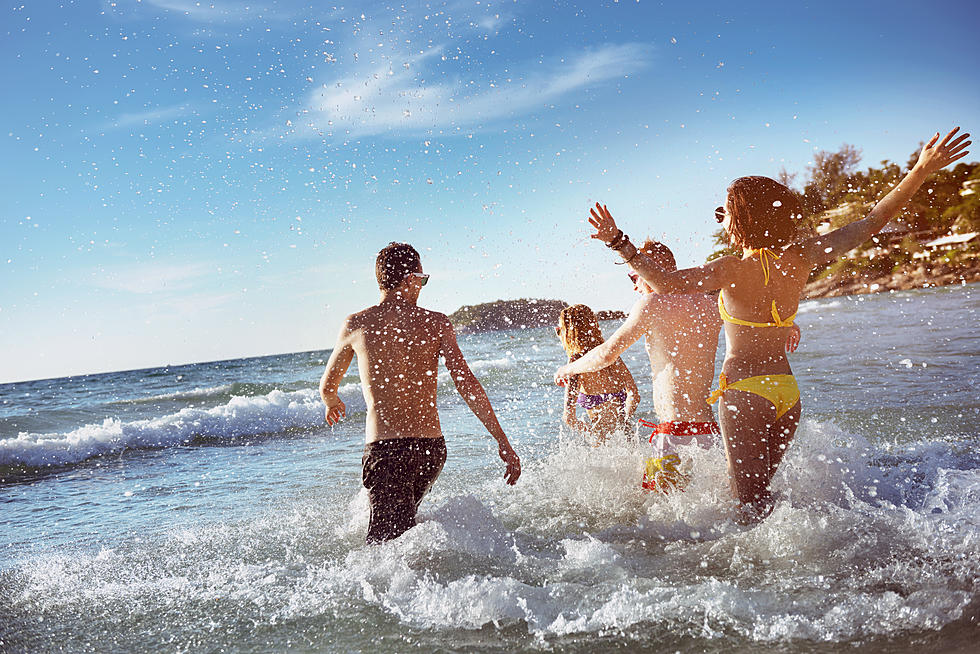
The Good, The Bad and The Ugly of Swimming in Salt Water
For many of us who love the shore, summertime is all about trips to the beach, and trips to the beach mean jumping, swimming and playing in saltwater.
On one hand, you may have heard saltwater is healing and beneficial. On the other hand, saltwater can be dehydrating, drying and even harmful, especially if it is mistakenly swallowed. So what’s the truth about saltwater? We have the good, the bad and the ugly on saltwater...
- John Foxx
John Foxx 1The Good
Saltwater has magnesium, calcium, and potassium which are actually good for your skin. They may aid in fighting acne, and skin conditions such as psoriasis.People with oily skin often benefit from a saltwater solution to help manage their overproduction of oil.
- travnikovstudio/Getty Stock/ThinkStock
travnikovstudio/Getty Stock/ThinkStock 2The Bad
Too much of anything is usually no a good thing, and this is especially true with saltwater with your hair and scalp. Saltwater strips away any oils your hair has and leaves it brittle and dehydrated. It can also leave skin dehydrated if you are in the water too long.
- PraewBlackWhile
PraewBlackWhile 3The Ugly
Too much saltwater can be harmful if swallowed.
Remind your kids to kee seawater out of their month. Too much salt can make kidnesy work really hard to digest all that sodium, says the National Ocean Service.
Fortunately, saltwater has a bitter, nasty taste, so kids are not likely to want to swallow it.
In addition, bacteria in seawater can lead to infections which can cause nausea, diarrhea, or a respiratory infections. According to WebMD, researchers estimate bacteria in the waterways cause more than 90 million cases of stomach, respiratory, ear, eye, and skin-related illnesses every year in the U.S. Fecal matter, often from sewage, is responsible for a lot of the contamination. This can enter our water system through runoff after it rains.
- The Environmental Protection Agency offers a clickable map of U.S. beaches -- you can see which beaches are monitored and if they’re open for swimming. Be aware: Because this database relies on individual agencies reporting the status, it may not be up to date.
- Vitalii Gubin
Vitalii Gubin 4The Takeaway
There are positives and negatives to swimming in saltwater. However, we can take steps to make sure we stay healthy. Even if the beach is open for swimming, you can help protect your health: - Always wash your hands with soap and water before eating -- even if you’ve just been digging in the sand. It can be contaminated, too.
- Try not to swallow the water you’re swimming in.
- Got an open wound? Don’t go in the water at all.
- Once you get home, wash your whole body
- After your shower, apply moisturizer to your face and entire body
More From Cat Country 107.3










